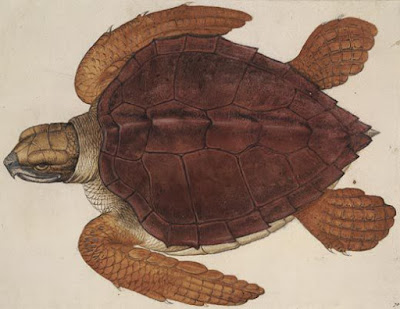FUNNY, YOU DON'T LOOK AUTISTIC (audiobook) by Michael McCreary

The author, Michael McCreary Published by Annick Press in 2019. Read by the author, Michael McCreary. Duration: 3 hours, 37 minutes. Unabridged. Michael McCreary is a pretty unique thing in this world - a stand-up comic who is on the autistic spectrum. He uses the word Asperger's to describe himself in promotional materials. But, one of McCreary's points in this book and in his shows is that he is not all that unique. People on the autistic spectrum are not necessarily like the Dustin Hoffman character in Rain Man . McCreary cautions his readers not to assume too much and think that everyone is on the autistic spectrum. He has compulsive behaviors that are more than the average person would experience. McCreary has some genuinely funny moments in the book, but for me I got the most out of this as a teacher. It is not unusual to have students on the spectrum in my classes, and listening to this very self-aware talkative former student talk about his experiences shed a lit




